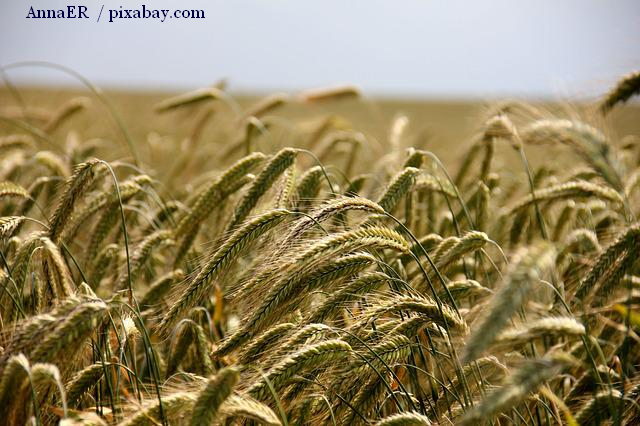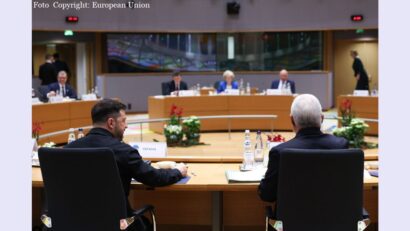European decisions regarding Ukrainian grain
The European Commission has limited the import of a number of Ukrainian agricultural products to five frontline member states, Romania included.

Ştefan Stoica, 03.05.2023, 14:00
The European Commission (EC) adopted exceptional and temporary preventive measures on imports of a limited number of products from Ukraine. These measures, the EC said in a communiqué, are necessary given the exceptional circumstances of serious logistical bottlenecks experienced in five member states, namely Bulgaria, Hungary, Poland, Romania and Slovakia. The measures concern only four agricultural products – wheat, maize, rapeseed and sunflower seed – originating in Ukraine.
The measures entered into force on Tuesday and will last until 5 June 2023. During this period, wheat, maize, rapeseed and sunflower seed originating in Ukraine can continue to be released for free circulation in all the member states of the European Union other than the five frontline member states, where the import of cheap grain from Ukraine has incurred significant losses to local farmers. In Romania alone, farmers reported damages of hundreds of millions of euros. In spite of this situation, Romanian authorities have not adopted, like other frontline member states did, unilateral measures such as banning the import and transit of Ukrainian agricultural products.
The products can continue to circulate in or transit via these five member states by means of a common customs transit procedure or go to a country or territory outside the EU. In parallel, Bulgaria, Hungary, Poland and Slovakia have committed to lift their unilateral measures on wheat, maize, rapeseed and sunflower seed and any other products coming from Ukraine.
While addressing concerns of farmers in those member states neighboring Ukraine, the measures uphold the EU’s strong commitment to support Ukraine and preserve its capabilities to export its grains, which are critical to feed the world and keep food prices down, in the face of the huge challenges posed by the unprovoked Russian aggression, the EC said in the communiqué. These measures are part of the overall support package that the Commission is putting forward and will be complemented with a financial support for farmers in the five Member States and further measures to facilitate the transit of Ukrainian grain exports via solidarity lanes to other member states and third countries. The Commission is ready to reimpose preventive measures beyond the expiry of the current Autonomous Trade Measures Regulation on 5 June 2023 as long as the exceptional situation continues.
In Bucharest, Agriculture Minister Petre Daea has announced that Romania will receive an additional 30 million euros from the EU, to support farmers affected by the import of cheap Ukrainian grain. He was harshly criticized by the opposition that said Daea did not try hard enough to receive fair compensatory payments from the EU. The very small amounts initially allotted to Romania sparked protests among farmers, who demanded a real support mechanism to be granted to them. (EE)






























